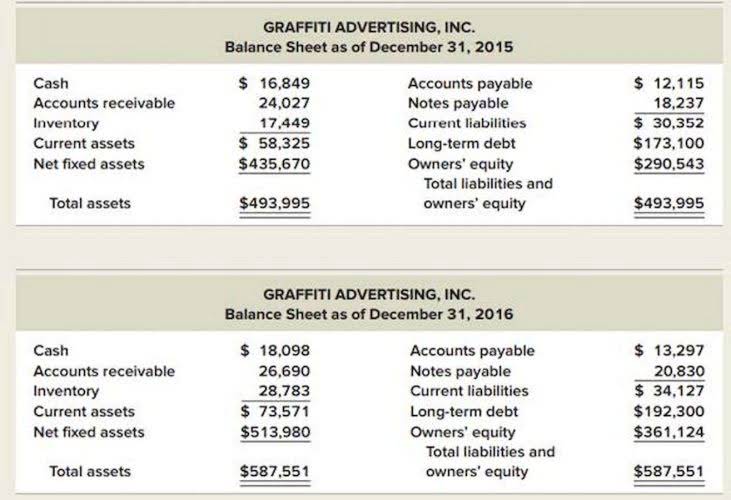
The terms may be used interchangeably but can have different meanings depending on the industry. If you want a panoramic view of your business’s financial health, you need to understand the roles that gross and net income play. With both metrics, you get a clear idea of your total sales and profitability after all expenses. When it comes to defining how well your business is doing, gross and net income are two of the most essential ingredients. Businesses must track net income to measure their profitability over time instead of just revenue (total sales).

Tax Planning
- The net income of a business may be different for tax and accounting purposes because some expenses are tax deductible and others are not.
- Once calculated, net income can be either a positive or negative number.
- Leverage TechnologyPivotXL offers robust financial planning tools to streamline financial tracking, automate calculations, and produce accurate reports.
- Net income is the “take home” money – the amount that you receive after all expenses are taken out.
A fiscal year is a 12-month period that ends on a date other than December 31. Businesses have the option to use a fiscal year for financial and tax reporting purposes. To understand the difference between them, we need to gross income and net income difference look at a company’s income statement.
How Do Gross and Net Income Affect Business Accounting and Tax Filing for 2025?

Your profit and loss statement (or income statement) shows you your business’s gross and net income. Understanding the difference between net vs. gross income is key to accurately reading this financial statement and making business decisions. Greenlight Apples also calculated that the company’s total expenses, including factors like overhead, taxes, interest payments, and administrative and operating expenses, are $1,200,000. Your business’s gross income, or gross profit, is measured by how much revenue you make in sales, less the direct cost of making your product (called cost of goods sold or COGS) over a period of time. For instance, in a business outside the manufacturing industry that does not generally report the cost of goods sold, gross income may also be referred to as gross profit.

Gross vs Net Income: Understanding the Key Differences
An investor sells stocks for a total of $50,000, having originally purchased them for $30,000. If the stocks were held for over a year, they qualify for long-term capital gains tax, which in 2024 is 15% for most taxpayers, resulting in a $3,000 tax liability. Bankrate.com is an independent, advertising-supported publisher and comparison service. We are compensated in exchange for placement of sponsored products and services, or by you clicking on certain links posted on our site. While we strive to provide a wide range of offers, Bankrate does not include information about every financial or credit product or service. Below-the-line deductions, such as charitable donations or medical expenses, can be subtracted from your AGI https://jhalaniandsons.com/payment-reconciliation-how-it-works-types-and-7/ after it’s been calculated.
Net and gross income are two of the most important accounting metrics that small business owners must track. Both numbers are essential pieces of the budgeting and planning puzzle. Without discerning the difference between net and gross income, managers have no way of knowing whether their path to increased profitability involves increasing sales or cutting costs. Understanding the difference between gross income and net income is essential for managing personal finances, running a business, or evaluating investments. These two figures play a key role in budgeting, tax planning, and financial decision-making, yet they are often confused. Taxable income is calculated by subtracting deductions from gross income and then subtracting taxes to find net income.

- For businesses, gross income—often referred to as gross profit—represents the revenue remaining after deducting the cost of goods sold (COGS).
- Net income can also refer to an individual’s pretax earnings after subtracting deductions and taxes from gross income.
- Even after understanding the real difference between gross income and net income, most people often get confused and commit mistakes.
- Income statements should be reviewed regularly, and clear benchmarks must be in place to track performance against strategic goals.
- Using the revenue figure, various expenses and alternate income streams are added and subtracted to arrive at different profit levels.
- If, for example, you earn a gross salary of $52,000 a year, and your company pays you on a weekly basis, your gross income is $1,000 a week.
If you want to assess how well your company’s doing, price smarter, file taxes How to Run Payroll for Restaurants correctly, and grow your bottom line, you need to calculate gross and calculate net accurately, every time. When you look at gross earnings, you’re evaluating how well your company generates total revenue from your primary business activities. Gross income represents total earnings before deductions, while net income reflects what’s actually available to spend or invest after all obligations are accounted for.








